Behind the scenes, agents—as they’re known—are a playing a huge role in the marketing and promotion of your favorite skiing athletes. Of course, they’re acting as legal representatives, too, negotiating contracts and what not, but for the purposes of this short blurb, we’re highlighting the agents’ roles in managing the Olympic medalists’ media schedules, in the minutes, hours, days and weeks following the conclusion of competition.
One of the most respected agents in the world of freeskiing is a man by the name of Michael Spencer. Spencer’s client list is impressive, to say the least. He’s been around this game for many years, and in addition to representing his athletes, he’s also a co-founder of the Association of Freeskiing Professionals, and the Sarah Burke Foundation, too. (The late Sarah Burke was one of his clients.) Bottom line: he’s a great supporter of, and advocate for the sport we all hold dear.
Here, at the Games (or any other major contest, for that matter), you’d find Spencer on competition day hanging down in the finish corral, nerves running high, screaming in support of his guys and gals. And we mean screaming. This week at Rosa Khutor, among other successes, his own Gus Kenworthy and Dara Howell skied their way to Olympic medals; and this is when Spencer kicks into overdrive.
As Spencer explains it:
The first 24 hours [after an athlete medals at the Olympics] are crazy. It’s a whirlwind. Everything happens so fast for these guys. [Among the agents] they call it “managing victory,” so, there’s kind of a process depending on the country. Because the medal ceremony is always at a certain time every day, it kind of dictates what the process is, so, for the slope athletes, for me, Gus [Kenworthy] and Dara [Howell], as soon as the event was over, there’s a press conference at the on-hill media center, and then it’s a quick rush down to the Main Media Center, down in Adler, where they do another large press conference. After that is the awards ceremony, and after the medals presentation, they end up going to their respective “houses,” so for Gus, we went to the USA house along with Joss [Christensen] and Nick [Goepper], and they’re introduced to everyone at USOC [United States Olympic Committee], and all the sponsors and everything else. From there, we went to the IBC [International Broadcasting Center], and started doing a bunch of the NBC stuff. So, you always start with the television rights holders: for the U.S. it’s NBC, for Canada it’s CBC, and pretty much for the next 24 hours you’re locked in with that, and then you move on to the affiliates of those networks. The athletes just don’t even know what’s next, they just get pulled, and we’re just there to make sure that we’re pointing them in the right direction after every interview.
Fortunately, when someone medals, it’s pretty big news and [the media] knows who they want to speak with, so [they] start reaching out directly to the USOC, or there’s a lot of producers that I’ve gotten to know over the years… no matter who they reach out to as a point person, eventually [in regards to the athletes I represent] all those requests end up in my inbox and or my voicemail. From there, it’s a question of trying to figure the scheduling out. Especially when you have so many different requests. I’m sure I’m not the only one who’s been juggling, you know, “Do we do Fallon or Letterman?” You have to kind of balance, and make the right decisions, and sometimes those shows are able to lock in a better time [for you], enabling the athletes to do more media, so, it’s just a juggle.
[For example,] Gus will fly out this week, he’ll go to New York, the plan is to do Letterman, and then we’ll pack it out from there: some more of the morning shows… He’s done a ton of Today Show, so we’ll probably do some Good Morning America, CNN, Anderson Cooper has reached out, Ellen DeGeneres has reached out, so eventually we’ll get him out to LA, and it’ll be a whirlwind tour.
[In regards to sending these guys back to the U.S. early,] I think on this one, it’s a no brainer. The Olympic closing ceremony is a special night for the athletes, for sure. I know it’s when finally they’re all relieved, regardless of medals or non medals, that it’s all over. The stress of getting here, we all saw, in slope and pipe for the U.S. guys is outrageous, right? Trying to qualify and all that… So, [closing ceremony] is when it all kind of unleashes, and from what I’ve been told, it’s quite the party, as well. But, these guys are fortunate to do opening ceremony, which is huge, too, and this [media] stuff is time sensitive these days, even more so than it has been in years past, just with social media growth and everything, so it’s easy [for the media] to kind of move on to the next best thing, so you have to be like, “OK, we need to make a decision, do you want to do closing ceremony? Or do you want to get on this media train and ride it out as far as we can?”
Related: Olympic silver medalist, Gus Kenworthy, recounts Sochi experience thus far
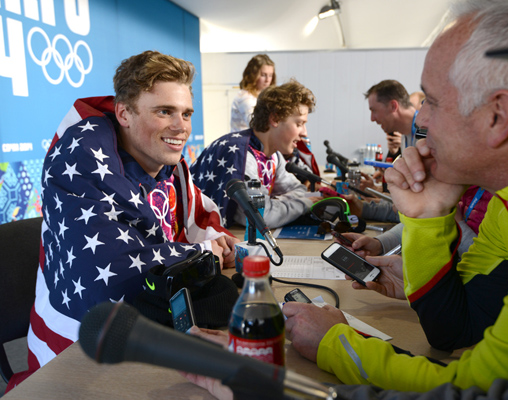
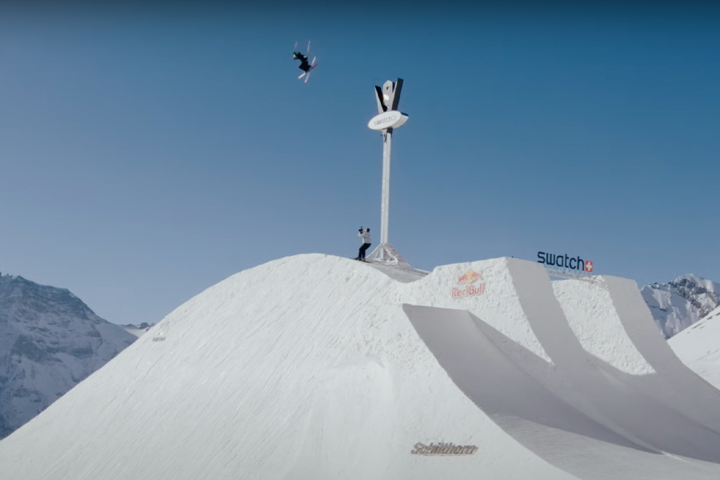
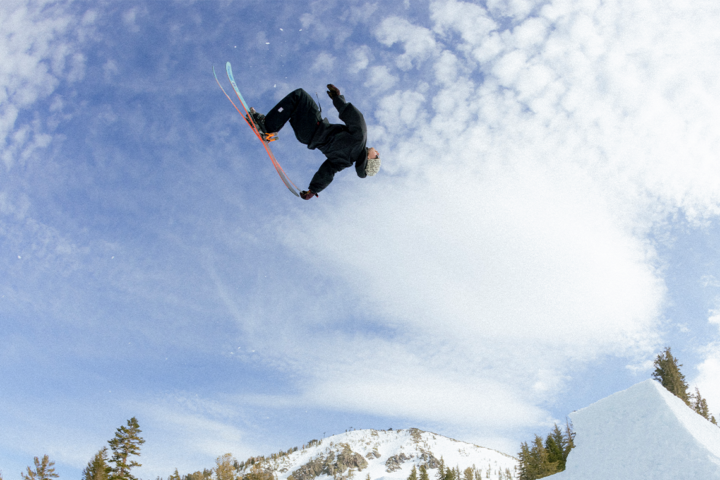
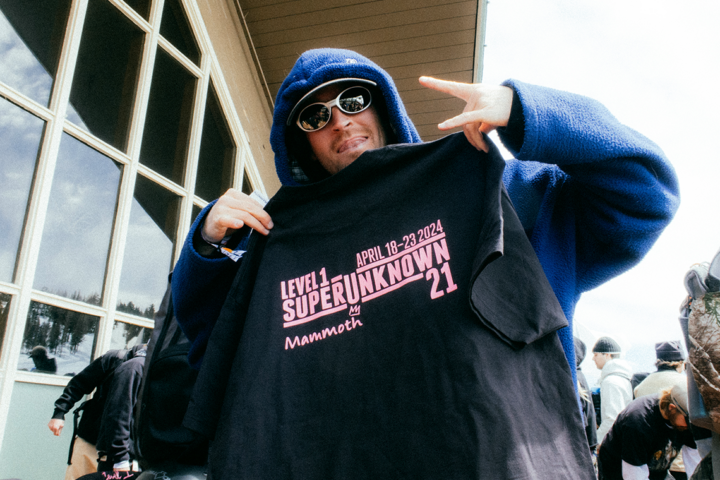
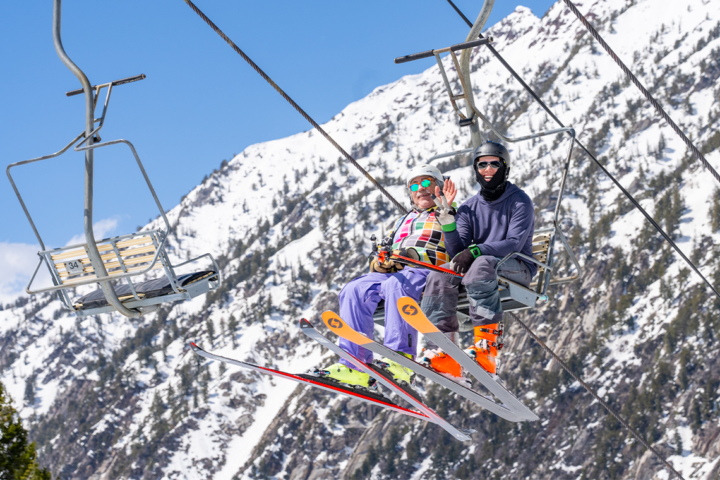
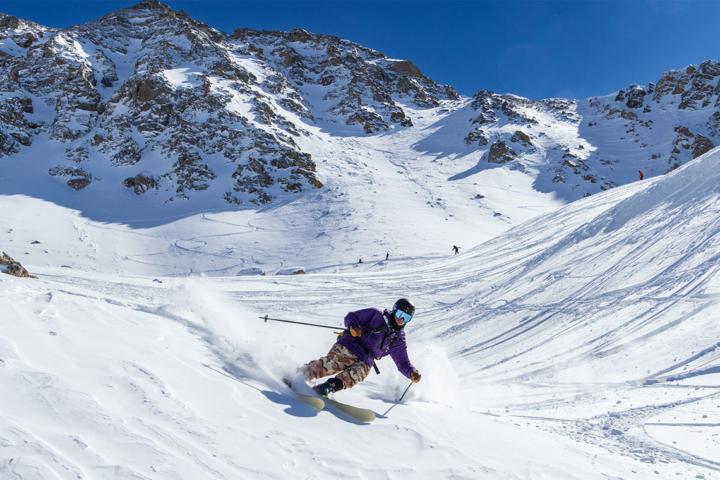
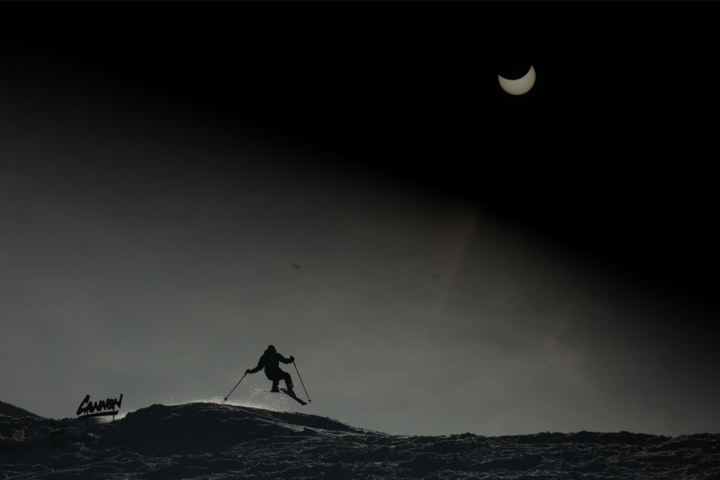
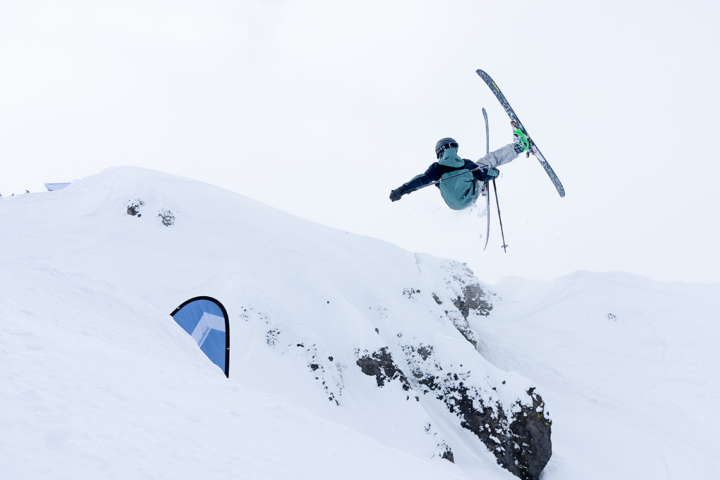
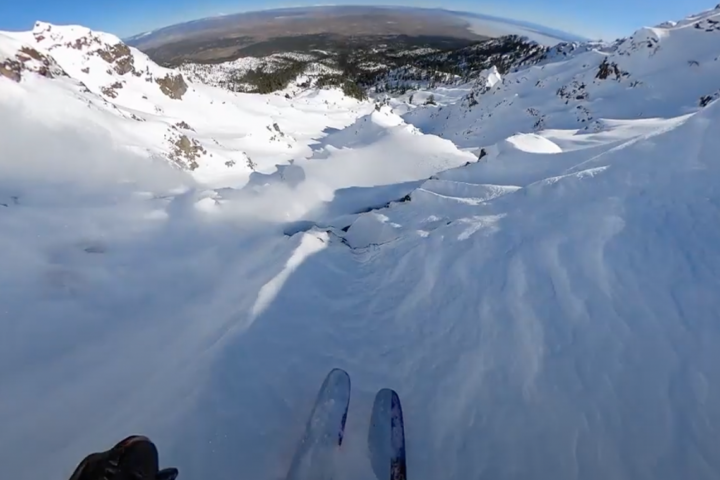

Comments are closed.